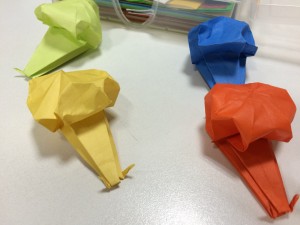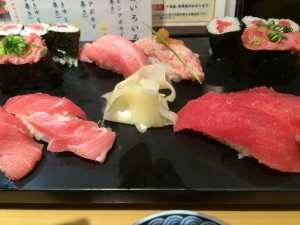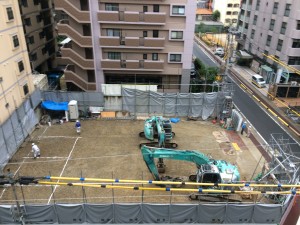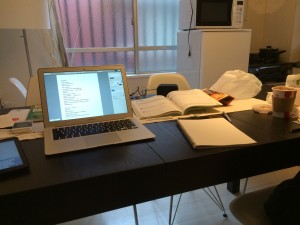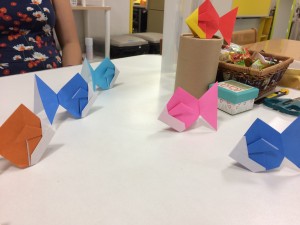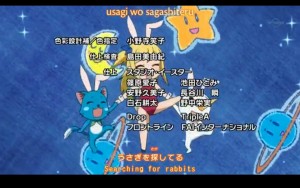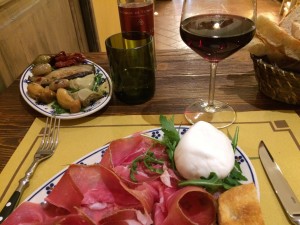What if you became the leader of a team that spoke a different language from you? Maybe their native language was Spanish or Japanese or Arabic. Every day they spoke English at work, but on breaks they shifted to their mother tongue, without realizing it. Unfortunately, you can’t just drop in on a breakroom conversation, unless you’re going to force everyone back to English.
Would you learn their language? You know that high-performing teams require strong relationships. Learning their language would reduce miscommunication and build trust, right?



